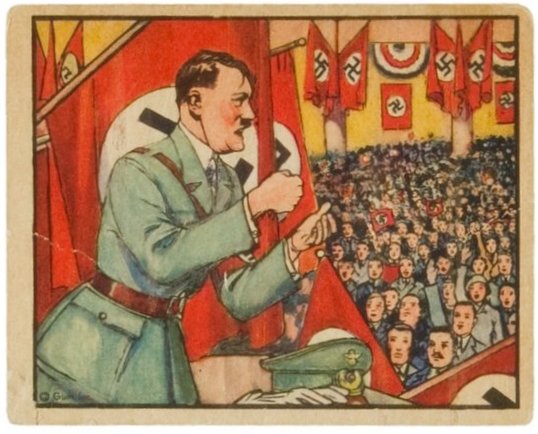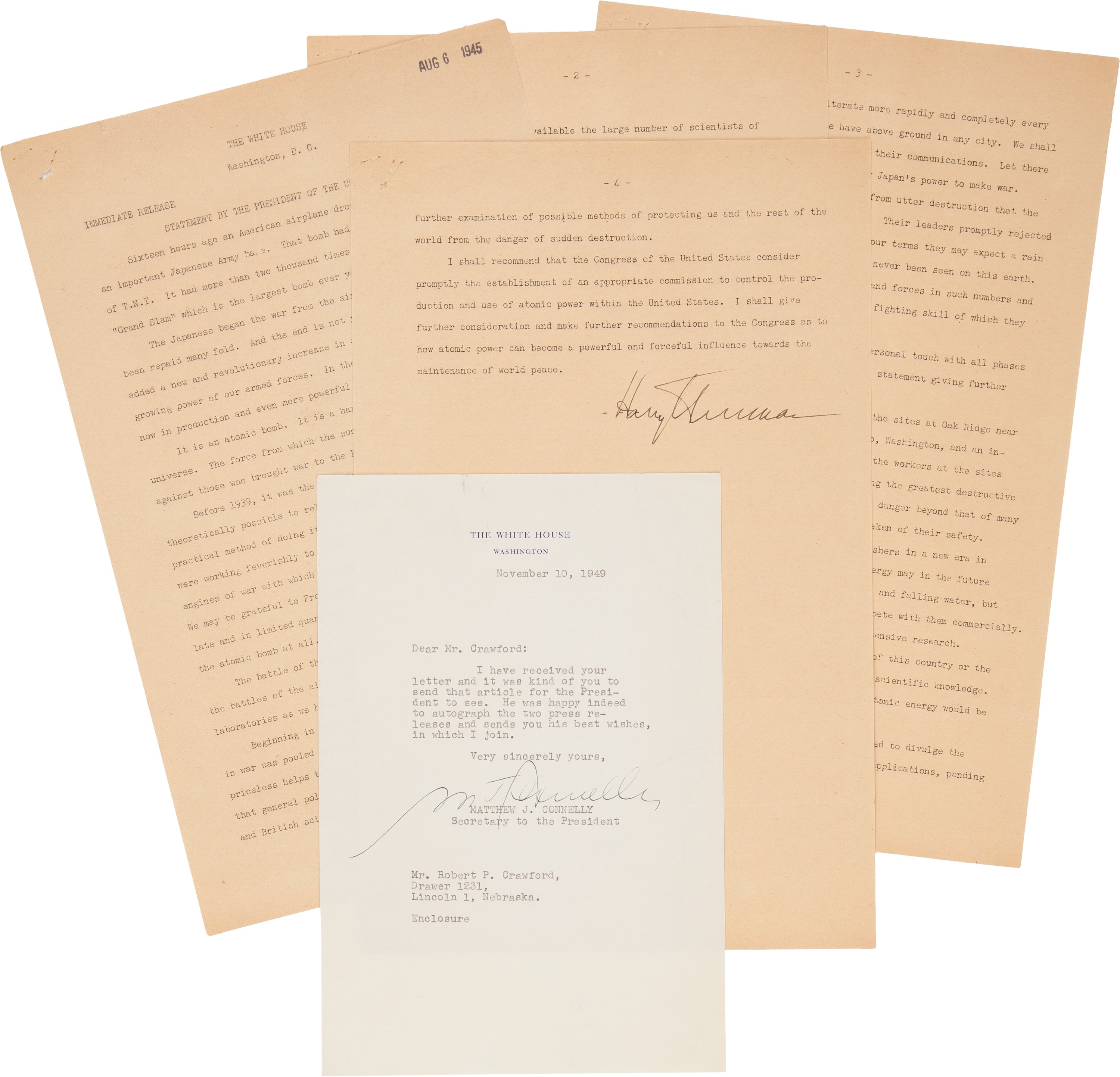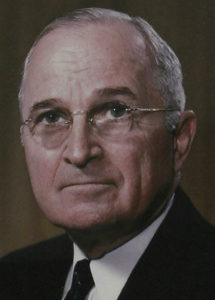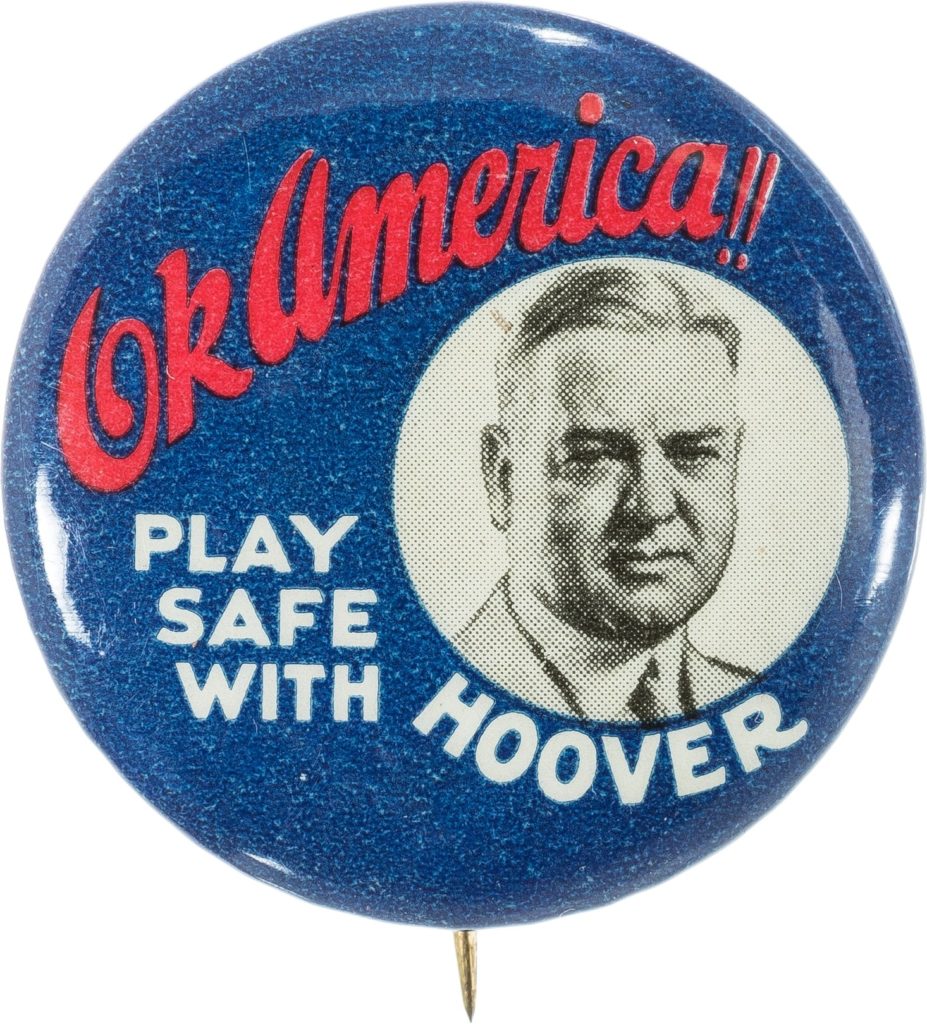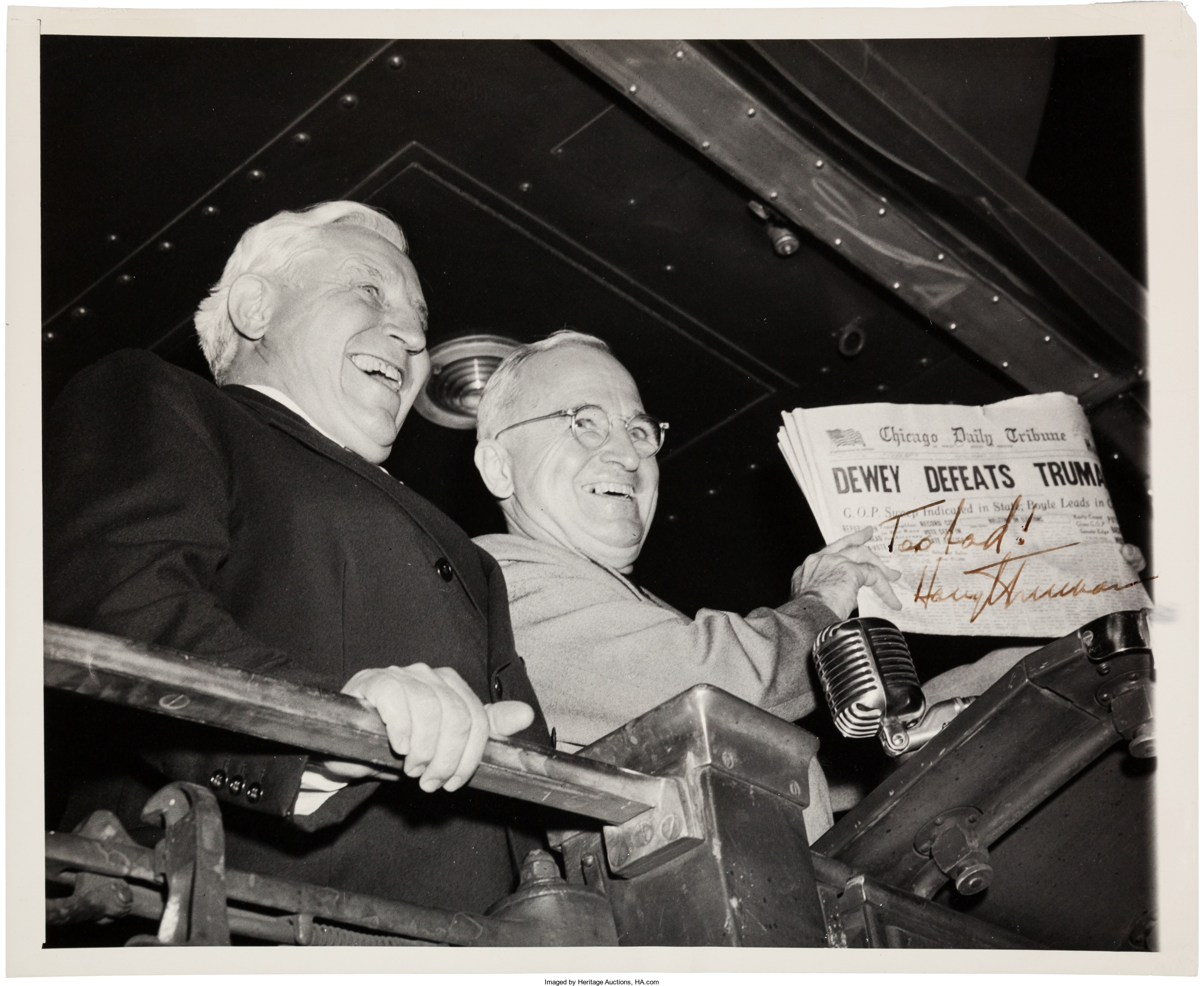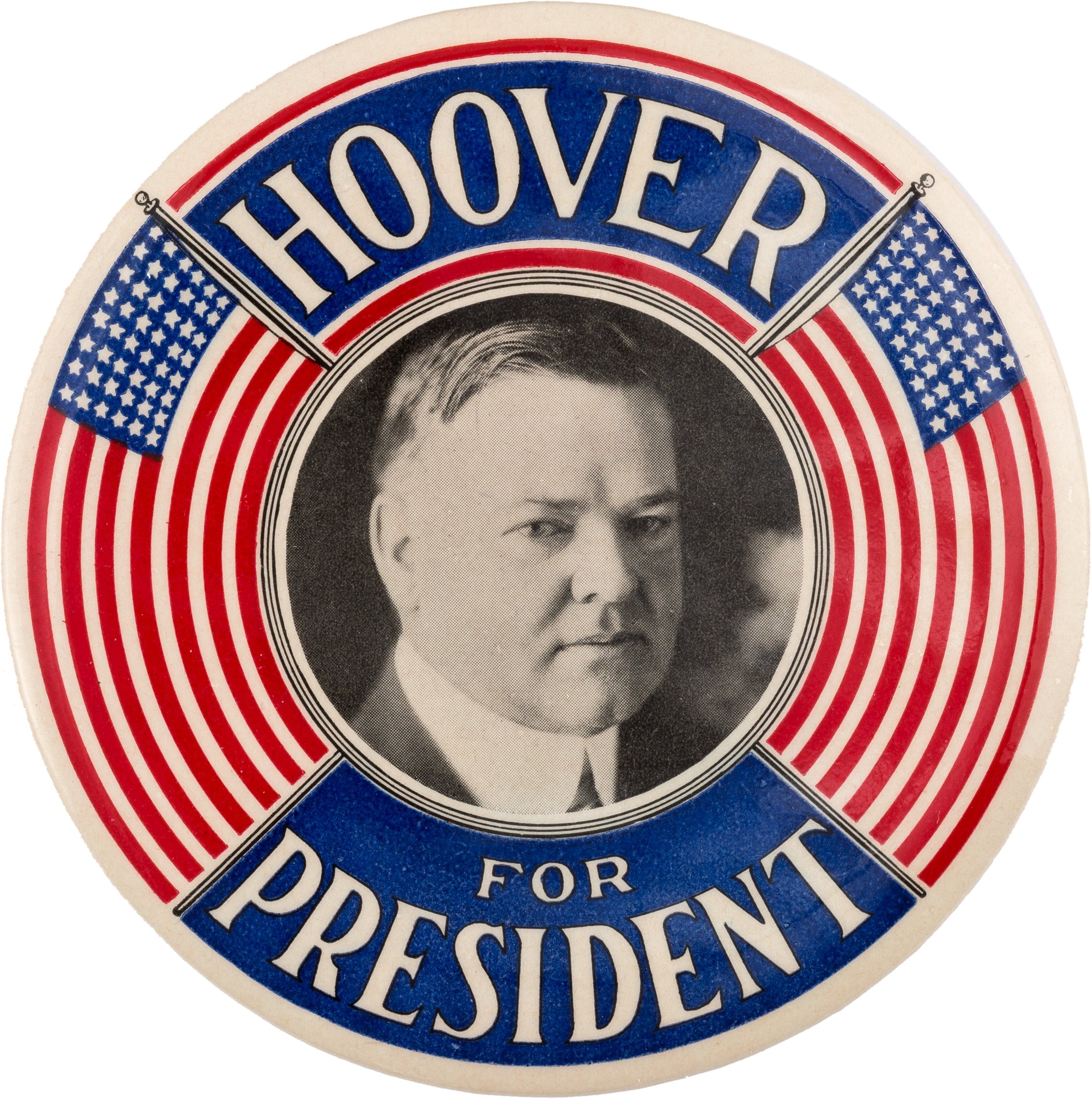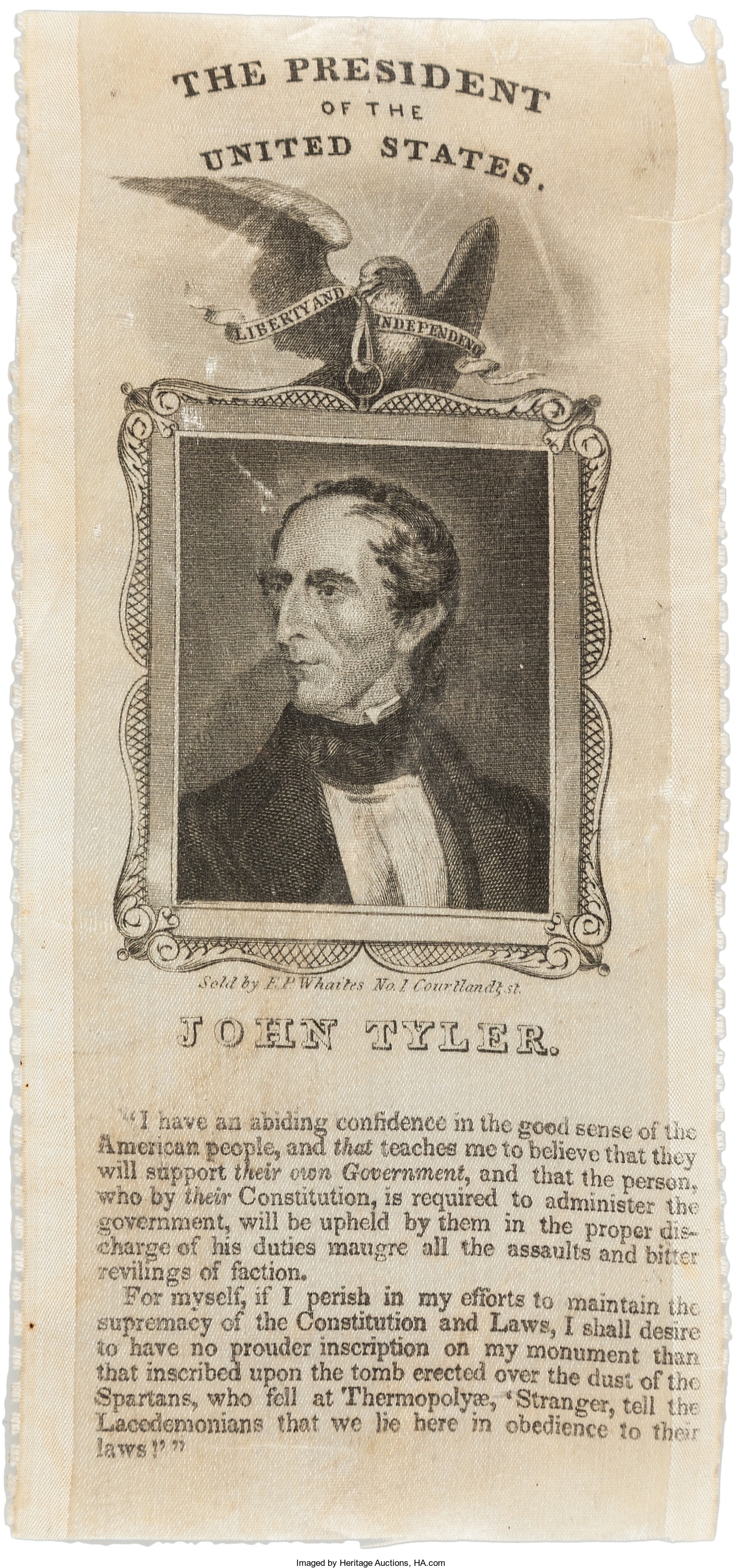
By Jim O’Neal
John Tyler was the first person to become president of the United States without being elected to that office. He had been elected vice president in 1840 and when President William Henry Harrison died 31 days after being inaugurated, Tyler became president. However, it was not without controversy, since the Constitution was not explicit on the transition of powers in the event of death.
President Harrison’s Cabinet had met one hour after his death and determined that Tyler would be “vice president acting president.” Others, like former President John Quincy Adams and Henry Clay, argued the vice president should become a caretaker until the next election under the title “acting president.”
Even Tyler’s selection as vice president had not been broadly popular, but the office was considered so inconsequential that there was not much interest. All of the previous nine presidents had served their entire terms of office. Perhaps New York newspaper publisher Thurlow Weed summed it up best: “Tyler was finally selected since no one else would take it.”
However, Tyler moved quickly and arranged to take the presidential oath of office in his hotel room and then simply asserted his legal right to be president. This maneuver worked, but his time in office was rocky and generally unproductive. His entire Cabinet resigned (except Secretary of State Daniel Webster). The Congressional Whigs booted him out of the party and overrode one of his vetoes (a historical first). A man without a party, he went home when his term ended in 1845, turning the keys over to James Polk.
The idea of “one heartbeat away from the presidency” became a factor in future vice president selections, although in 1940, Franklin Delano Roosevelt ignored it when he chose Henry Agard Wallace for his running mate. This caused an uproar at the Democratic Convention and the boos and catcalls were so prevalent that Wallace decided not to make the traditional acceptance speech. He relied on FDR to ram his nomination through by making veiled threats not to run a third time.
Fortunately, in 1944, FDR dropped Wallace from the Democratic ticket and replaced him with Harry S. Truman. Eighty-two days later, FDR was dead and Vice President Truman took his place. Most historians agree that the post-war period would have turned out significantly different had this mundane change not occurred.
The presidency has changed eight times due to the death of a president and so far, we are still the most remarkable country in the history of the world!
 Intelligent Collector blogger JIM O’NEAL is an avid collector and history buff. He is president and CEO of Frito-Lay International [retired] and earlier served as chairman and CEO of PepsiCo Restaurants International [KFC Pizza Hut and Taco Bell].
Intelligent Collector blogger JIM O’NEAL is an avid collector and history buff. He is president and CEO of Frito-Lay International [retired] and earlier served as chairman and CEO of PepsiCo Restaurants International [KFC Pizza Hut and Taco Bell].

